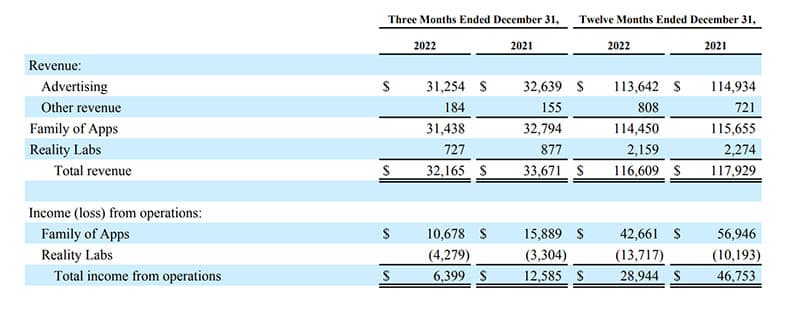In a recent Bloomberg report, Meta won a court ruling to buy a virtual reality startup.
Ambitious Metaverse Plans Continue
To prevent the deal from going through, the US Federal Trade Commission attempted to block it by presenting a case to the court. In the end, a judge approved the deal, because of Meta Platforms Inc.’s efforts.
An injunction filed by the FTC to block the proposed transaction was denied in a sealed decision with effect from the US District Court, early Wednesday morning by Judge Edward Davila.
Meanwhile, the FTC decided that it would appeal his ruling and therefore temporarily halted Meta’s ability to close the transaction for a week, while the Commission decides whether or not to appeal.
As a result of this decision, FTC Chair Lina Khan suffers her first major setback in her role as leader of the antitrust enforcement department under President Joe Biden.

Meta has very ambitious plans for investing in Metaverse actions and expanding its market share soon. While it is true that some divisions have seen loss over the past few months, such as Reality Labs, Zuckerberg plans to continue the programs. During a recent earnings call, he made the following statement:
“And we will — even though I’m — none of the signals that I’ve seen so far suggests that we should shift the Reality Labs strategy long-term. We are constantly adjusting the specifics of how we adjust — of how we execute this. So I think that we’ll certainly look at that as part of the ongoing efficiency work.”
A lawsuit against Meta was filed by the Federal Trade Commission (FTC) in July, asserting that Meta’s acquisition of Within – maker of the popular VR fitness app Supernatural – would give Meta a competitive advantage in the burgeoning virtual reality space.
A nine-day hearing was held in December during which top Meta executives, including Chief Executive Officer Mark Zuckerberg and VR head Andrew Bosworth, testified.
According to the FTC, during the December hearing, the purchase of Within by Meta would assist the parent company of Facebook in establishing a monopoly in the nascent virtual reality market. According to the FTC, the proposed merger could be detrimental to “potential competition” that may arise in the future, if it were to go through.










